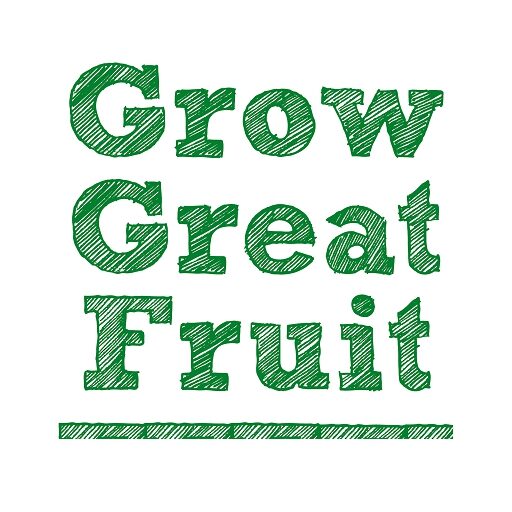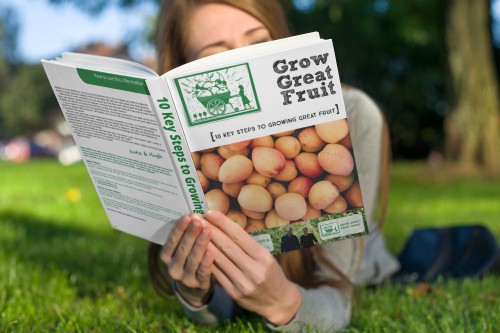Buy Organic Fruit Trees—Grown With Love

Deciding which fruit trees to grow in your garden is a big decision! After all, if you get it right, they’ll be there for a long time.
There are thousands of different varieties, and if you’re a fruit tree lover, you probably want to grow all of them!
So, how to prioritise?
The number of trees you grow will depend how much space you have, how much time you can spend looking after them, and how much fruit your family can eat.
Buying fruit trees from growers you trust
At Grow Great Fruit, our passion for growing and nurturing fruit trees extends beyond education.
While most of our website is dedicated to providing resources and support for backyard growers, we’re also active fruit growers ourselves—and we love sharing the fruits of our labour!
In addition to managing our own farm and orchard, we grow a selection of high-quality, organic fruit trees for sale.
This means you can not only learn from us, but if you live close enough to our farm, you can also bring home trees that we’ve grown with the same care and expertise we teach. If you’re farther away, we encourage you to support your local nursery and find trees that are well-suited to your area.
Why buy locally grown fruit trees?
At Carr’s Fruit Tree Nursery (our on-farm nursery), we don’t offer deliveries, only pick-up from the farm or local markets.
That might seem like we’re doing ourselves out of business, but we have a good reason. We think trees will thrive best if they’re transplanted into a similar climate to the one where they start their lives.
We also think it’s a great idea to support your local small-scale nursery if you’re lucky enough to have one. They often have very high-quality trees, and can be a great source of heritage, hard-to-find, lesser-known varieties (that are often the most interesting!).
However, if you can’t find local options or are looking for a specific variety, you may need to buy from a distance or interstate. That’s fine, but be aware that if the tree has been grown in a very different climate, it might take a year or two to acclimatise, and during that time it might need extra care and protection from the elements.
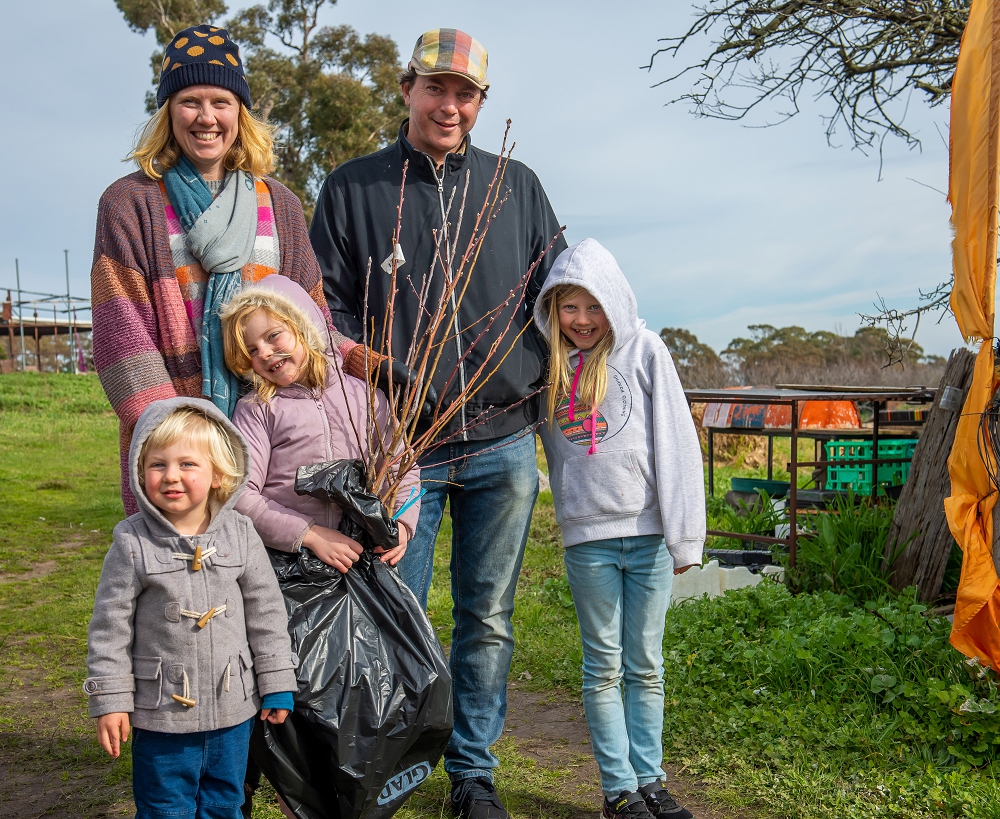
Is it worth buying organic fruit trees?
Our fruit trees were certified organic for many years. We chose to drop external certification in 2025 (you can read more about why we made that difficult decision here), but we still use fully organic practices to grow the trees.https://growgreatfruit.com/product/using-green-manures/
Organic fruit trees are rare, so does it really matter if trees are grown organically? The short answer is a resounding “Yes!”, but to dig deeper, we have to head into the soil.
You’ve probably heard about the wonderful world of microbes beneath our feet. There are literally trillions of bacteria, fungi, worms, and other critters in the soil.
They’re collectively called the ‘Soil Food Web’ or the ‘natural fertility system,’ and it’s how plants naturally get their food from the soil. The system works perfectly because it has evolved with plants over the last 500 million years.
There is a particular type of fungi that lives in very close association with most plants, including fruit trees. They’re called Mycorrhizal fungi, and they’re incredible because they actually live inside the plants themselves. They burrow into the plant root and deliver moisture and nutrients in exchange for food from the plants.
Not only do these fungi feed our fruit trees, but amazing new research is showing that they even help plants communicate with each other, warning about things like aphid attack.
Damaging the soil damages your fruit trees
Unfortunately, these fungi are fragile and easily damaged by modern agricultural practices like tillage, insecticides, fungicides, and weed sprays, all of which are commonly used in commercial tree nurseries.
Some estimates say that 90% of Mycorrhizal fungi have already disappeared from our soils!
One of the worst culprits is artificial fertilisers. It’s like giving the plants a diet of junk food, which interferes with their relationship with the fungi. Over time, the fungi die out, and then the trees become dependent on fertilisers to get their food. It’s a vicious cycle.
In our nursery, we improve our soil health with green manure crops, minimum tillage, and woodchip mulch to make sure our fruit trees are colonised with Mycorrhizal fungi when you buy them.
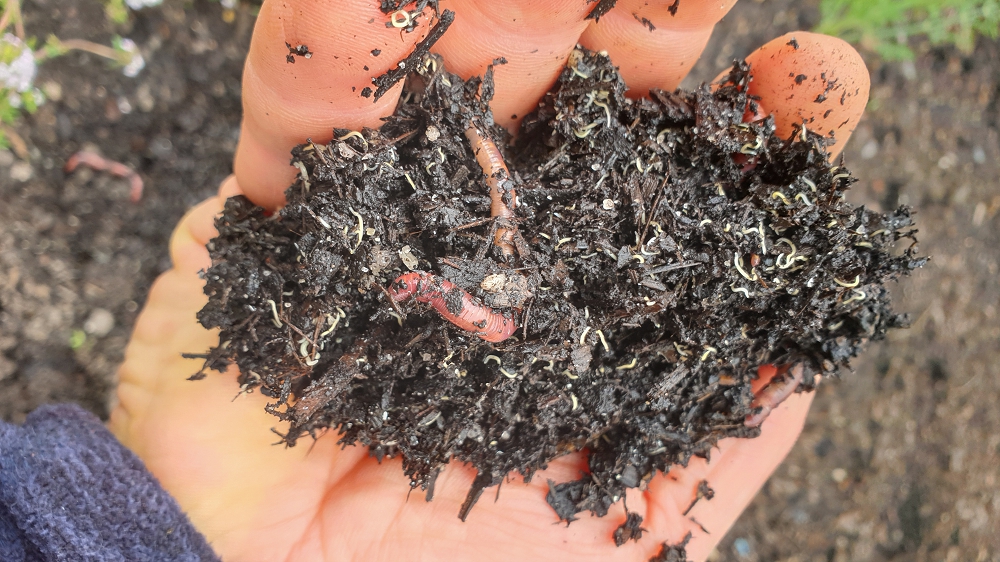
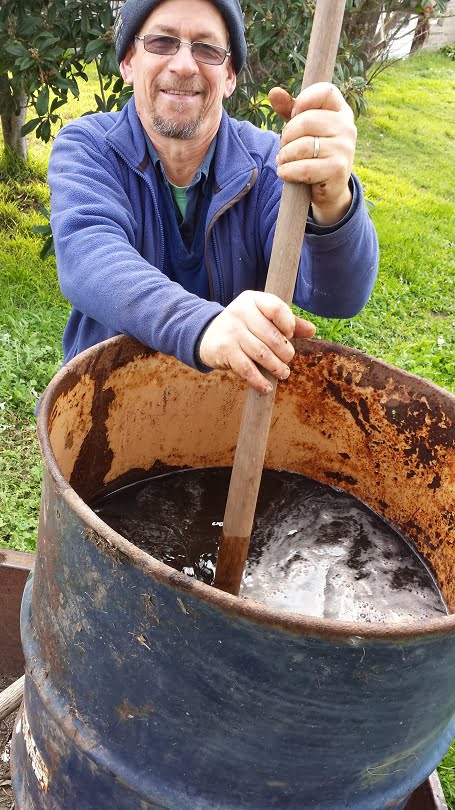
How to convert fruit trees to organic
If you can’t buy organic fruit trees, don’t panic—there is plenty you can do in your garden to support Mycorrhizal fungi. It’s a great idea to do this, whether you buy organic trees or not.
Planting a green manure crop where you’ll be planting your fruit trees is a great start, but you can also make a huge difference by following these steps.
- Plant your trees as soon as possible after you bring them home.
- If they come with soil, retain it when planting.
- Innoculate the soil with healthy microbes when you plant them, sourced locally if possible. Your own compost pile or worm farm is the best source—mix a little of the compost and/or worm castings with water and use it to drench the roots.
- If the tree is bare-rooted (no soil), innoculate the roots as above. We make a mix in a drum to dip the roots into, but you can do the same thing in a bucket, or mix in a watering can and drench the roots before planting.
- If you can’t plant trees immediately, it’s fine to leave them outside for a couple of days before planting as long as the roots are covered so they don’t dry out. Keep the tree well watered (but not sitting in water or the roots will drown) and protected from frost.
Ready to buy a fruit tree?
We’ve been growing certified organic fruit trees on our family farm since 2008—and we want to help you succeed with yours. We take orders between April and June each year. The trees are ready to pick up at the end of June when they’re dormant, because that’s the safest and most effective time to transplant a tree to its new home.
We grow more than 200 varieties, and specialise in apples, stone fruit, heritage varieties, and multigrafts. We grow a lot of varieties you’ve probably never heard of! Growing and encouraging people to plant rare varieties is part of our cunning plan to protect heirloom varieties that are in danger of being lost forever.
Our Fruit Tree Database includes almost 500 varieties, and we’re adding more all the time! (Please get in touch if there’s a variety you can’t find, and we’ll add it.) You can find out more about individual varieties in the listings for each tree.
